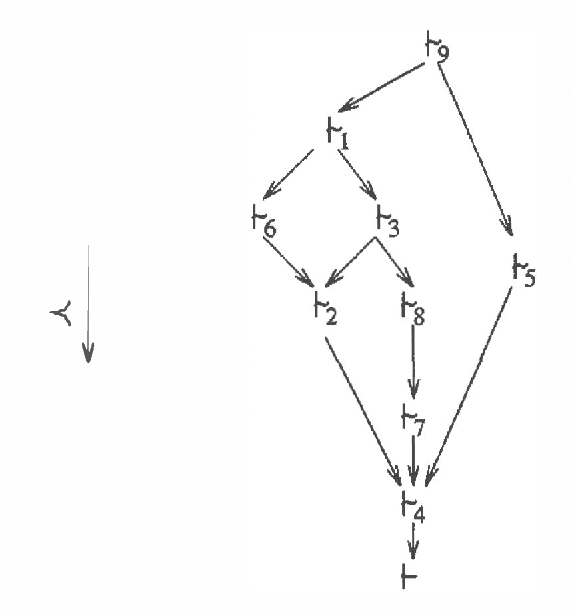Syntax-based Default Reasoning as Probabilistic Model-based Diagnosis
Paper and Code
Feb 27, 2013
We view the syntax-based approaches to default reasoning as a model-based diagnosis problem, where each source giving a piece of information is considered as a component. It is formalized in the ATMS framework (each source corresponds to an assumption). We assume then that all sources are independent and "fail" with a very small probability. This leads to a probability assignment on the set of candidates, or equivalently on the set of consistent environments. This probability assignment induces a Dempster-Shafer belief function which measures the probability that a proposition can be deduced from the evidence. This belief function can be used in several different ways to define a non-monotonic consequence relation. We study and compare these consequence relations. The -case of prioritized knowledge bases is briefly considered.
 Add to Chrome
Add to Chrome Add to Firefox
Add to Firefox Add to Edge
Add to Edge